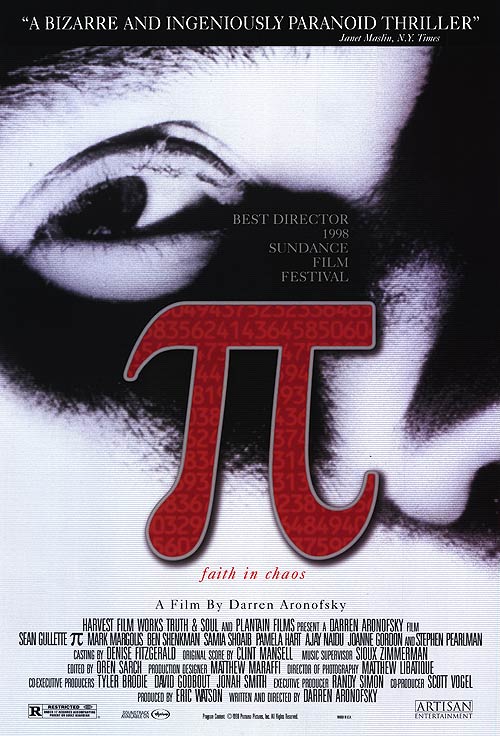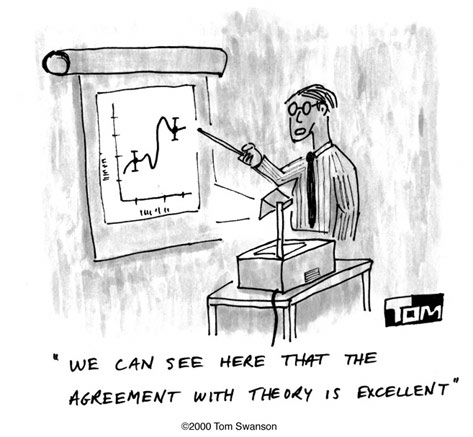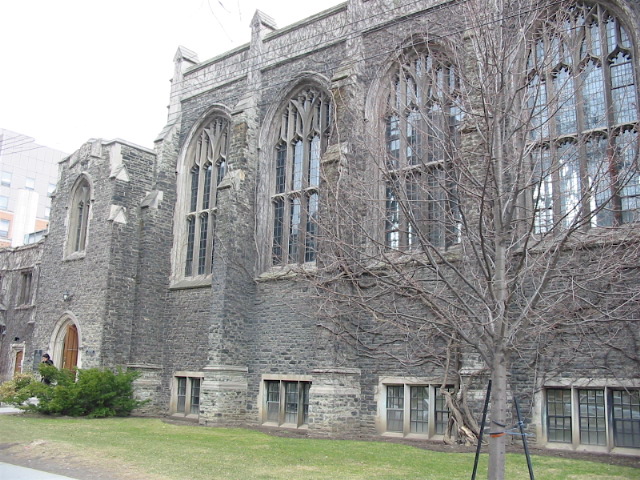
A couple of responses to Joe’s earlier post:
Russell Perkin:
Joe, I find very little to disagree with in what you have written here. (And I especially share your enthusiasm for Mill. I teach On Liberty whenever I get the opportunity). Ultimately I think it comes down to a question of temperament: didn’t Frye somewhere describe himself as an Odyssey-critic, inclined towards romance and comedy as opposed to tragedy? I must be too inclined to pessimism!
I agree with you about not subordinating works to ideological criticism. The work, the author, not the student, and not the teacher, should be the voice that is heard in the classroom. But the nagging point that Bogdan raises for me is that, to quote her again “the hypothetical dimension of literature notwithstanding, literature does say things.” It doesn’t entirely leave behind what Frye calls “the original reference,” though of course it cannot be reduced to that either.
Adam Bradley:
Joe has hit on what I believe is the real problem with critical theory; that the logical end point of ideological criticism is a disdain for literature. How can it not be so? Identifying power structures a la Foucault or searching for Marxist class inequalities inevitably leads to an identification of the problems inherent in a text. Apply this model enough times to a text from enough ideological views and what is left? This to me is the number one argument against this type of inductive criticism. If I begin with an ideology and then use the tenets of that philosophy as a lens through which to see a text, then not only will I inevitably see whatever I’m looking for but it will also eventually become the reality of that text. If this is misogyny or anti-semitism or some other disdainful ethos, then it becomes a necessary action to dismiss that text as being “only” of that ethos. I have always wondered if this is a conscious act or simply a necessary outcome of such an approach. Regardless of the answer to that question or whether critics admit to this practice, the necessary result is that the text ends up becoming a secondary object to the soapbox that the critic puts himself on, yelling to the crowd about how terrible that text is. It reminds me of how the religious right creates demons out of everything to further the cause. By identifying everyone else as being evil then they can laud their own practices as being holy. I believe that critical theory began with good intentions but has ended up being the right wing faction of literary criticism, the bullying older brother that finds whatever he is looking for and shouts about it.

 amson very graciously provided a
amson very graciously provided a
